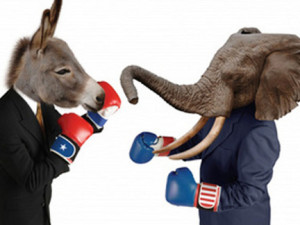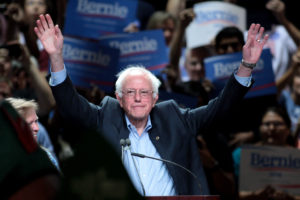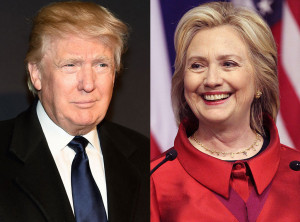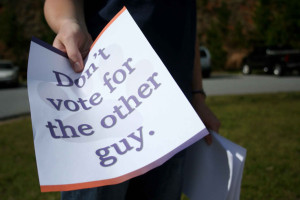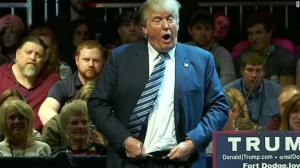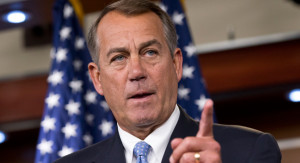Donald J. Trump has campaigned for the presidency while touting his standing in public opinion polls.
The media have followed his lead, reporting incessantly about his poll standing also while reporting on Democratic candidate Hillary Rodham Clinton’s poll standing as well.
Against that backdrop, I’ll offer this little bit of theory.
Whatever public opinion poll “bounce” that Trump gets from the Republican National Convention will be minimized almost immediately when the Democrats stage their convention … next week.
It’s a bit of an unusual juxtaposition, with the parties convening their conventions so close to each other.
The GOP convention got off to a raucous start today over some rules changes affecting delegate commitments, but it is concluding its first day tonight with the usual rah-rah one expects at these events.
Melania Trump delivered a fine speech supporting her husband; former New York Mayor Rudy Guiliani fired the delegates up with his brand of fire and brimstone; the mother of the Benghazi victim hit Clinton hard.
Some polls are going to reflect positively for Trump once he received his party’s nomination.
Then the Democrats open their convention next week and we’re going to see the tables turned. Democrats will trot out all their applause lines, just as the Republicans have done today and will continue through the rest of the week.
The question then becomes: Will the Democrats or Republicans receive the bigger bounce once both conventions are adjourned?
My strong hunch is that the amount of whatever polling lift comes to Trump will depend to a h-u-u-u-u-g-e degree on the acceptance speech the nominee delivers.

